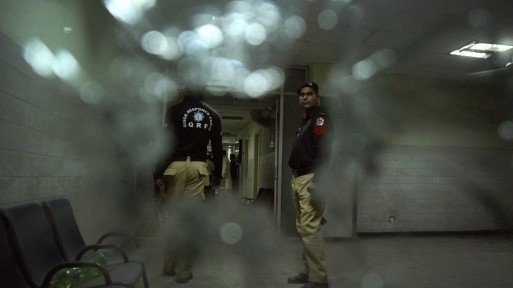
Authorities insist that the crux of the problem lies in training camps in the Taliban-riddled tribal regions.
But critics say the lines between the Taliban in the tribal areas and extremist organisations in Punjab have long since blurred and that their collusion represents a time bomb. The provincial government has muzzled itself out of fear, political analysts say, because it relies on the backing of religious conservatives who hold great influence, even if their radical views represent a minority.
“The Taliban have people across Punjab, but the government doesn’t want to admit that,” said I A Rehman, director of the Human Rights Commission of Pakistan. “And these terrorists are not fighting for small stakes. They are fighting to capture Pakistan, including Punjab.”
The growing reach of the Punjabi Taliban is a rising concern to US officials. In April, Robert O Blake, the assistant secretary for South and Central Asian affairs, told reporters in Washington: “We think there also needs to be progress against these Punjab-based groups, many of which, by the way, are targeting Pakistan.That’s a compelling reason for the government to take action.”
South Punjab is the home base for an array of banned organisations, some of which once operated as state proxies. Officially banned militant groups such as Jaish-e-Muhammad and Lashkar-e-Taiba run mosques and madrassas that serve as incubators for aspiring jihadis, analysts say. In the aftermath of the Ahmadi attacks, the federal government seemed to agree. Interior Minister Rehman Malik hinted at a military operation in southern Punjab, where he said 44 per cent of madrassas are. With the military occupied in the tribal areas, that is viewed as an empty threat.
Punjab officials and law enforcement authorities say there are no organised terror cells in the province, although Lahore Police Chief Muhammad Aslam Tareem said the Taliban has “infiltrated” it. He said the city police are planning an anti-terror task force and that they, like provincial authorities, actively monitor hate speech and raid madrassas.
Numerous suspects arrested for sectarian slayings have been quietly released, Rehman said. Banners threatening death to Jews, Christians and Ahmadis hung over Lahore’s boulevards before the Ahmadi killings. Jamaat-ud-Dawa staged a major rally in Lahore this month.
Earlier this year, Punjab’s law minister campaigned in the southern city of Jhang by riding in a convertible alongside the purported leader of the banned sectarian outfit Sipah-i-Sahaba.
Rana Sanaullah defended that move in an interview. He said that up to 20 per cent of banned organisations’ members might be terrorists but that they are in the tribal areas. The remaining members should be encouraged to participate in Pakistan’s democracy, he said, and going after them for waving a prohibited group’s flag would only encourage radicalism.
That is a dangerously naive idea to critics, who note that the suspects in many gruesome attacks in Punjab have been tied to Punjabi militant organisations and that the Taliban and sectarian groups share loathing for people whom they consider infidels. Pakistani intelligence officials say wings of Punjabi organisations have found haven in the tribal areas.
“We have to have a zero-tolerance policy,” claims Punjab Governor Salmaan Taseer. “Whether they come from the frontier or Afghanistan, they come and get based here in these sympathetic organisations. They are all hate organisations.”
Published in The Express Tribune, June 23rd, 2010.















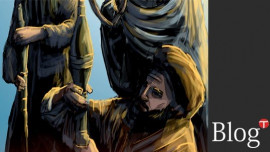
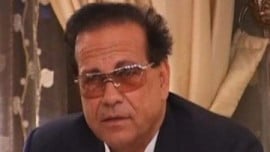
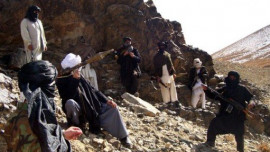





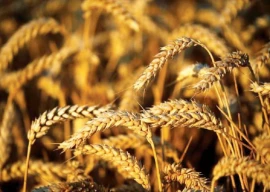




















COMMENTS (8)
Comments are moderated and generally will be posted if they are on-topic and not abusive.
For more information, please see our Comments FAQ